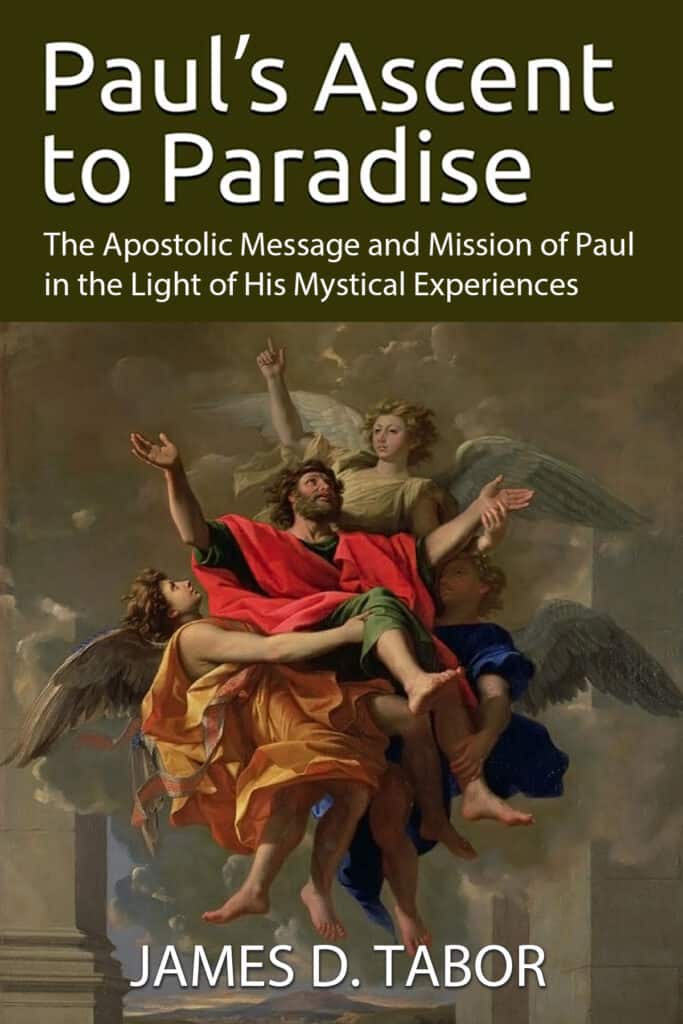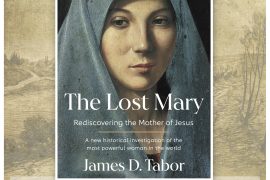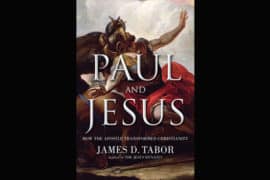My newly published book Paul’s Ascent to Paradise (revised from my 1986 dissertation) is beginning to draw some good comments and reactions. Here is a comment by Roy Kay that captures a key element of that book–how Paul claims authority based on his extraordinary mystical experiences–in his battles with his apostolic opponents (2 Corinthians 11:12-29) when he, ironically, “speaks as a fool.” Many of my readers know the position I took in Paul and Jesus. Despite some pretty heavy opposition I stand my ground here.I think Roy is surely correct, this goes back to the kinds of issues reflected in the Pseudo-Clementines, where “Simon Magus” (standing in for Paul) claims his mystical visions and revelations trump James and Peter being with Jesus “after the flesh” during his lifetime. And it was these precise issues that occupy the Rabbis in the next generation as they battle out whether “revelations” should be considered over the decisions of the sages. If you have not read it and have an avid interest in these things, this might be the book for you. Don’t let the “dissertation” factor scare you off, this book is readable not obtuse and you will learn an immense amount about the Hellenistic religions of Paul’s day that shaped his thought so profoundly. Jonathan Z. Smith was my advisor at the University of Chicago and I had studied Paul up through graduate school before meeting him, following the standard “Pauline” methods of exegesis common among “New Testament” scholars, whereas he opened another world to my consideration.
I just wanted to send you a note on Paul’s Ascent to Paradise. In short, I loved it! I find it to be a wonderful companion to Paul and Jesus. As a literary scholar, I really appreciated your philological approach to the texts. I believe it accounts for Paul’s authority and ability to challenge James and Simon [Peter] in Jerusalem. They knew the man Jesus, but he knows the Christ. He one ups them. Especially when he claims to have heard and hence knows “things unutterable”; that isn’t he experience of James and Simon. The relationship of Paul’s experience and the famous Rabbinic midrash of the mystical experience of the four scholars is right on. Just as the midrash validates and legitimates Akiva it also differentiates him from the other three. The tradition goes through Akiva, not through Aher. Ben Zoma and Ben Azzai get a pass because they didn’t become min [heretics]. Paul is the Akiva of the church! Of course, I am making an analogy about the authority of their mystical experiences.









Comments are closed.